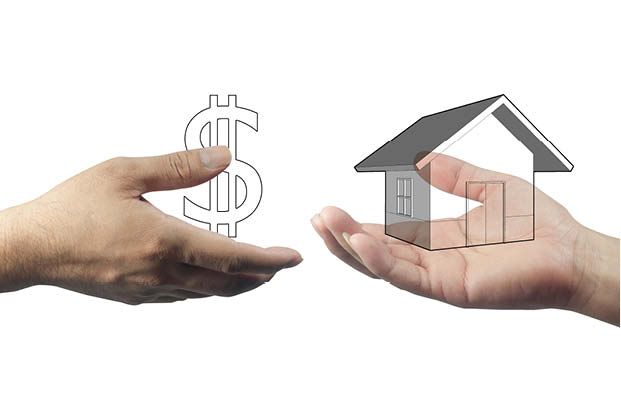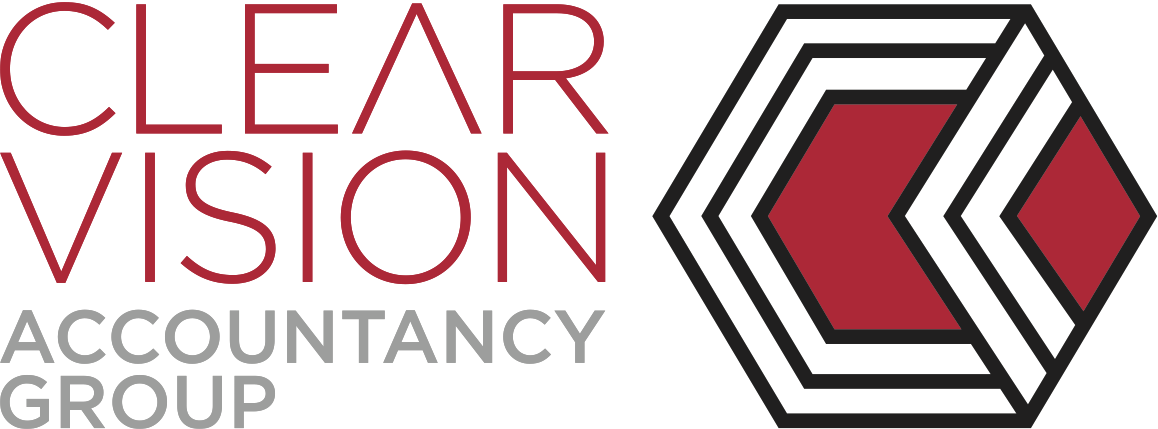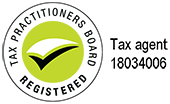Business Alert at 9:00am With CVA – Truck Drivers Travel Allowance Claims
Truck Drivers and their employers may need to look more closely at how travel allowances are being recorded. The ATO have inflicted penalties to Truck Drivers for being reckless with the expenses they’ve claimed without sufficient proof.
Our advice is to be vigilant with your log book or work diary to ensure you have records of overnight travel, allowances you’ve received and expenses you’ve incurred. You can’t be too detailed, the more information you have, the better off you are.
By not taking due care, you could leave yourself open for scrutiny & in turn penalties. For the 2019 income year, the meal allowance stands at $24.70 for breakfast, $28.15 for lunch and $48.60 for dinner. It’s important to know that these amounts can not be combined e.g. if you skip lunch, you can’t add the lunch allowance to dinner.
Also if you start the work day from home at 4:00am, you can’t claim the breakfast allowance, it is expected you will eat breakfast before you leave your home. Travel allowance is exactly that, you need to be away. If you start work at 4:00am and don’t get home until 12 noon the next day, you can claim lunch, dinner and breakfast – nothing more.
What’s important is how you record information and the records you can show; eftpos receipts, credit card statements, logbooks, travel diaries, letters from your employer stating how long you are away for and how much allowance you’ve been given – all of these will prove you are not reckless and that your claims are relevant.
If you’re not sure about anything, give us a call. It’s better to be safe than sorry.
The post Business Alert at 9:00am With CVA – Truck Drivers Travel Allowance Claims appeared first on Clear Vision Accountancy Group.





